Tailoring Regulations
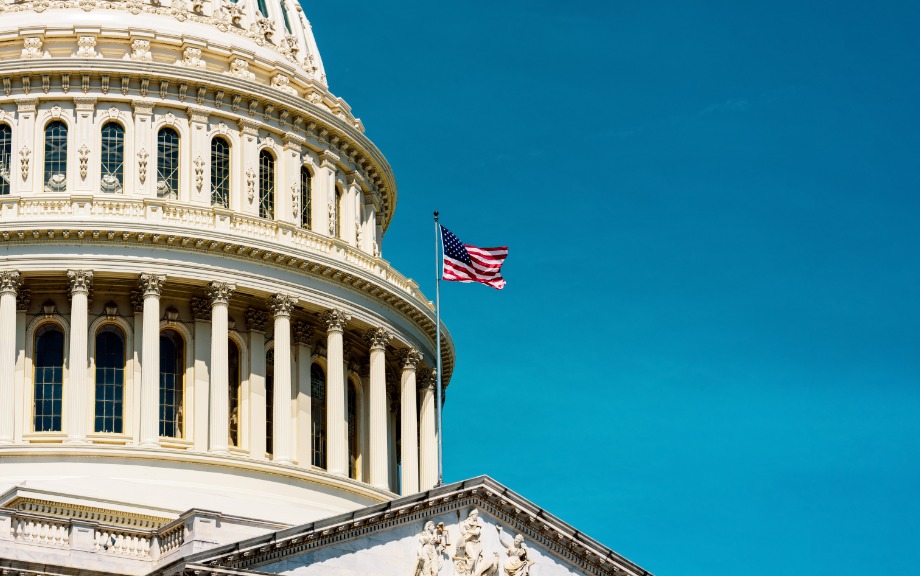
Regulations are not written in stone. The benefits derived from them, along with the costs of compliance for affected institutions and of enforcement for regulators, are likely to evolve. When this happens, regulators may seek to modify the regulations to better suit the specific risk profiles of regulated entities. In this post, we consider the Economic Growth, Regulatory Relief, and Consumer Protection Act (EGRRCPA) passed by Congress in 2018, which eased banking regulations for smaller institutions. We focus on one regulation—the Liquidity Coverage Ratio (LCR)—and assess how its relaxation affected newly exempt banks’ assets and liabilities, and the resilience of the banking system.
Who Benefited from PPP Loans by Fintech Lenders?

In the previous post, we discussed inequalities in access to credit from the Paycheck Protection Program (PPP), showing that, although fintech lenders had a small share of total PPP loan volumes, they provided important support for underserved borrowers. In this post, we ask whether smaller firms received the amount of PPP credit that they requested, and whether loans went to the hardest-hit areas and mitigated job losses. Our results indicate that fintech providers were a key channel in reaching minority-owned firms, the smallest of small businesses, and borrowers most affected by the coronavirus pandemic.
Who Received PPP Loans by Fintech Lenders?
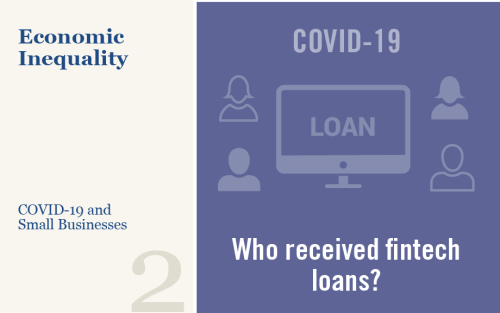
Small businesses not only account for 47 percent of U.S employment but also provide a pathway to success for minorities and women. During the coronavirus pandemic, these small businesses—especially those owned by minorities—were hard hit as consumers reduced spending disproportionately on services that require in-person physical interaction, such as hotels and restaurants. In response, the U.S. government launched the Paycheck Protection Program (PPP) to provide guaranteed and potentially forgivable small business loans. In this post, we examine financial technology (fintech) lenders participating in the PPP and find that, while disbursing only a small share of total loan amounts, they provide important support to minority business owners, who have in the past been underserved by the traditional banking industry.
Did Dealers Fail to Make Markets during the Pandemic?
Sarkar and coauthors liquidity provision by dealers in several important financial markets during the COVID-19 pandemic: how much was provided, possible causes of any shortfalls, and the effects of the Federal Reserve’s actions to support the economy.
Did Subsidies to Too‑Big‑To‑Fail Banks Increase during the COVID‑19 Pandemic?

New Liberty Street Economics analysis by Asani Sarkar investigates whether the COVID-19 pandemic has led to an increase in implicit TBTF subsidies for large firms.
Did Too‑Big‑To‑Fail Reforms Work Globally?

Once a bank grows beyond a certain size or becomes too complex and interconnected, investors often perceive that it is “too big to fail” (TBTF), meaning that if the bank were to fail, the government would likely bail it out. Following the global financial crisis (GFC) of 2008, the G20 countries agreed on a set of reforms to eliminate the perception of TBTF, as part of a broader package to enhance financial stability. In June 2020, the Financial Stability Board (FSB; a 68-member international advisory body set up in 2009) published the results of a year-long evaluation of the effectiveness of TBTF reforms. In this post, I discuss the main conclusions of the report—in particular, the finding that implicit funding subsidies to global banks have decreased since the implementation of reforms but remain at levels comparable to the pre-crisis period.
Securing Secured Finance: The Term Asset‑Backed Securities Loan Facility
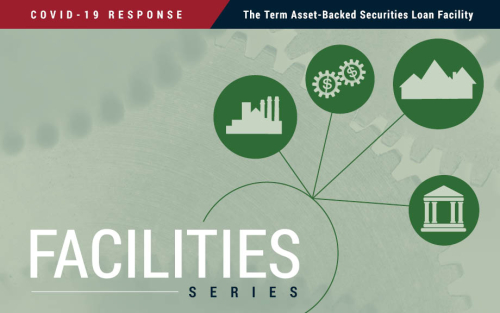
The asset-backed securities (ABS) market, by supporting loans to households and businesses such as credit card and student loans, is essential to the flow of credit in the economy. The COVID-19 pandemic disrupted this market, resulting in higher interest rate spreads on ABS and halting the issuance of most ABS asset classes. On March 23, 2020, the Fed established the Term Asset-Backed Securities Loan Facility (TALF) to facilitate the issuance of ABS backed by a variety of loan types including student loans, credit card loans, and loans guaranteed by the Small Business Administration (SBA), thereby re-enabling the flow of credit to households and businesses of all sizes. In this post, we describe how the TALF works, its impact on market conditions, and how it differs from the TALF that the Fed established in 2009.
MBS Market Dysfunctions in the Time of COVID‑19
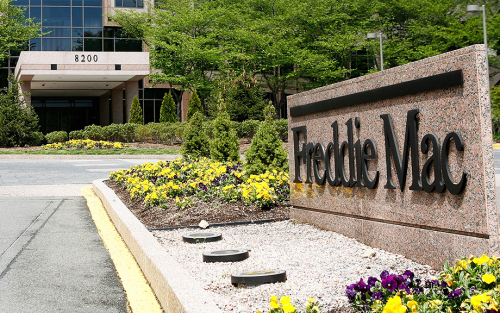
Haoyang Liu, Asani Sarkar, and coauthors study a particular aspect of MBS market disruptions by showing how a long-standing relationship between cash and forward markets broke down, in spite of dealers increasing the provision of liquidity. The analysis also highlights an innovative response by the Federal Reserve that seemed to have helped to normalize market functioning.
The COVID‑19 Pandemic and the Fed’s Response
The Indirect Costs of Lehman’s Bankruptcy
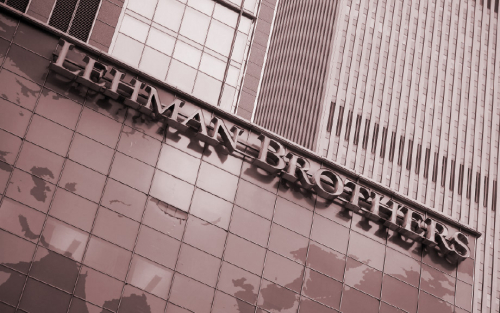
In our previous post, we assessed losses to customers and clients from foregone opportunities after Lehman Brothers filed for bankruptcy in September 2008. In this post, we examine losses to Lehman and its investors in anticipation of bankruptcy. For example, if bankruptcy is expected, Lehman’s earnings may decline as customers close their accounts or certain securities (such as derivatives) to which Lehman is a counterparty may lose value. We estimate these losses by analyzing Lehman’s earnings and stock, bond, and credit default swap (CDS) prices.















 RSS Feed
RSS Feed Follow Liberty Street Economics
Follow Liberty Street Economics